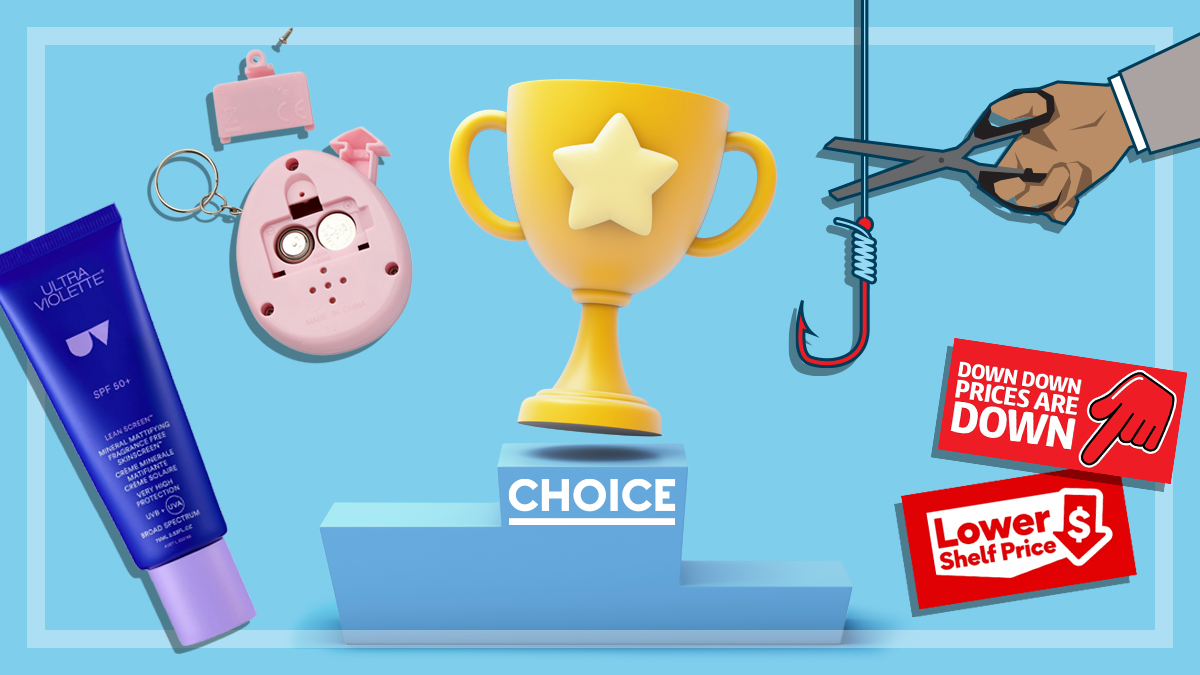Get our independent lab tests, expert reviews and honest advice.
Consumers could soon save by accessing their own data

It’s no secret that big data is a big deal for most retailers and service providers who are eager to learn as much as they can about the habits of consumers, but those same consumers are currently unable to access that information for their own benefit.
This looks set to change. Three years ago CHOICE called for consumers to be given safe and secure access to their own data – a call which has now been backed by the Productivity Commission in proposals that could potentially save Australians thousands of dollars.
Access your own information
“Being able to access the data businesses hold on you will be a game changer,” says CHOICE CEO Alan Kirkland.
“When it comes to products like health insurance, electricity and credit cards, consumers are presented with thousands of complex options and special offers, making it almost impossible to compare products on their merits.
“New recommendations from the Productivity Commission would give consumers access to their own consumption data that is already collected in these markets. This would mean consumers could find the best credit card based on how they actually spent their money over the last 12 months, the best electricity deal based on how much they consume throughout the year, and the best health insurance based on how they actually used their cover – if they used it at all,” says Kirkland.
Cutting through the complexities
If adopted, the new proposals will radically alter the way consumers decipher the relative merits of a purchase, with personal data available in an easy-to-use format.
“Access to data in machine-readable format will allow competitors and third parties to create tools that consumers can use to make better choices about the products and services which best suit their needs,” says Kirkland.
“Real-world data could turn the tables in complex markets, helping Australians save hundreds and potentially thousands of dollars on essential products and services. For example, in credit cards, it would help consumers look past flashy rewards programs and honeymoon rates and understand the true costs of interest rates. In health insurance, it would allow consumers to very quickly see whether they were getting value from their extras policies and drop them or move to a better deal.”
What the Productivity Commission says
The key recommendations from the Productivity Commission include:
- Creating a new right for consumers to access data about themselves, in a format that can be easily used by third parties like comparison sites.
- Allowing consumers to opt-out of data collection, except in certain circumstances.
- Giving the Australian Competition and Consumer Commission (ACCC) a complaints-handling role, to prevent businesses from charging unreasonable fees for access to data.
- Releasing all non-sensitive public sector data. Potentially, this could include complaints data held by regulators, and mandatory reports on product safety that are currently kept confidential.





